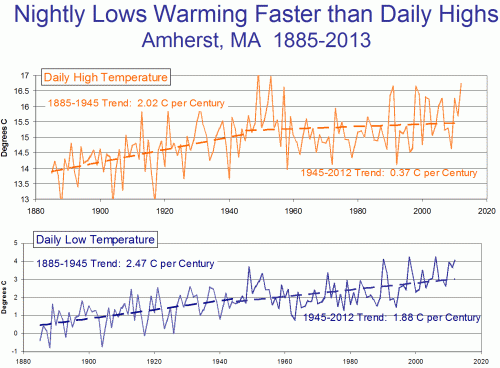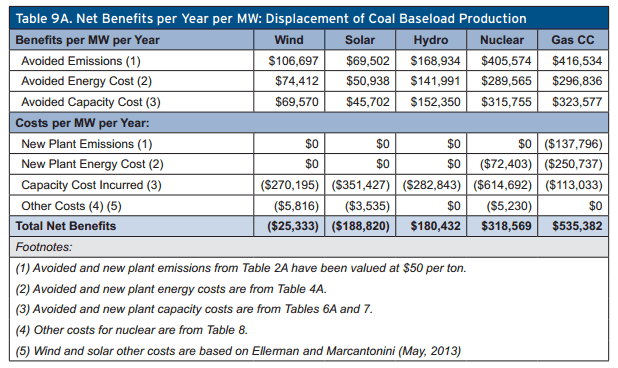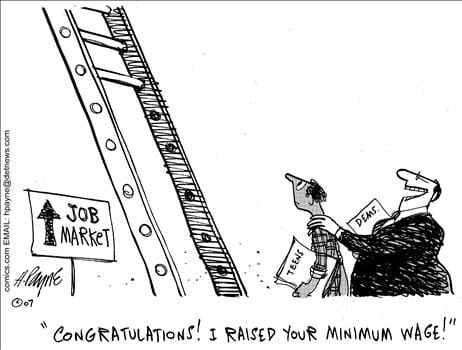Yawning Through the Outrage
There are a lot of things out there that generate tons of outrage that do about zero to work me up. A good example is the recent kerfuffle over a school district assigning kids a debating assignment to argue both sides of the question "Was there actually a Holocaust?"
Certainly this was a fairly boneheaded topic to choose for such an assignment out of the universe of potential topics. But I will say that this assignment is the type of thing that should be done a LOT more in schools, both in primary schools and in higher education. Too often we let students make the case for a particular side of an argument without their even adequately understanding the arguments for the other side. In some sense this brings us back to the topic of Caplan's intellectual Turing test.
I did cross-x debate all the way from 6th grade to 12th. There is a lot to be said for the skill of defending one side of a proposition, and then an hour later defending the other (that is, if cross-x debate had not degenerated into a contest simply to see who can talk faster).
I remember a few months ago when a student-producer called me for a radio show that is produced at the Annenberg School at UCLA USC. She was obviously smart and the nature of her job producing a political talk show demanded she be moderately well-informed. She had called me as a climate skeptic for balance in a climate story (kudos there, by the way, since that seldom happens any more). Talking to her, it was clear that she was pretty involved in the climate topic but had never heard the skeptic's argument from an actual skeptic. Everything she knew about skeptics and their positions she knew from people on the other side of the debate. The equivalent here are people who only understand the logic behind Democrat positions insofar as they have been explained by Rush Limbaugh -- which happens a lot. We have created a whole political discourse based on straw men, where the majority of people, to the extent they understand an issue at all, only have heard one side talking about it.
I think the idea of kids debating both sides of key issues, with an emphasis on nudging them into trying to defend positions that oppose their own, is a great process. It is what I do when I teach economics, giving cases to the class and randomly assigning roles (ie you are the guy with the broken window, he is the glazier, and she is the shoe salesman). The problem, of course, is that we have a public discourse dominated by the outrage of the minority. It would take just one religious student asked to defend abortion rights or one feminist asked to defend due process rights for accused rapists to freak out, and the school would probably fold and shut down the program.
Which is too bad. Such discourse, along with Caplan's intellectual Turing test, would be centerpieces of any university I were to found. When we debated back in the 1970's, there was never a sense that we were somehow being violated by being asked to defend positions with which we didn't believe. It was just an excersise, a game. In fact, it was incredibly healthy for me. There is about no topic I can defend better than free trade because I spent half a year making protectionist arguments to win tournaments. I got good at it, reading the judge and amping up populism and stories of the sad American steel workers in my discourse as appropriate. Knowing the opposing arguments backwards and forwards, I am a better defender of free trade today.





